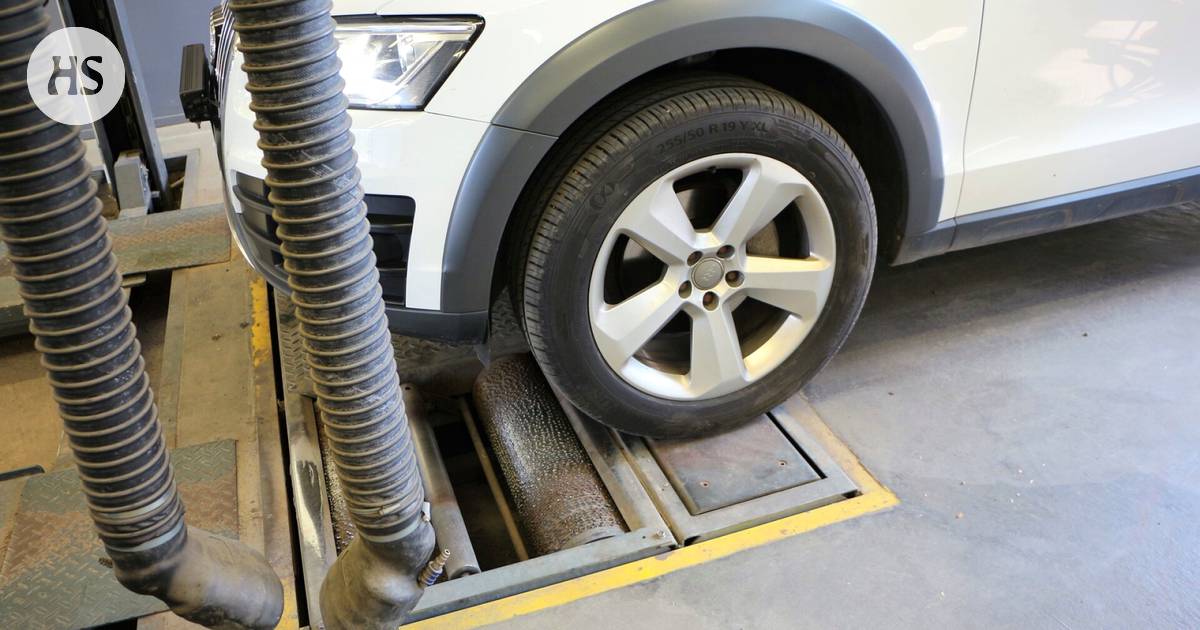The weight of electric cars can impact the increase in inspection rejections, according to a study by Teemu Toivanen, a leading expert at the Finnish Transport and Communications Agency. In 2023, almost a quarter of the inspected cars were rejected. This is an increase from the previous year, where the rejection rate was 27.7%. The faults that led to rejection were primarily related to support arms and looseness in parts.
The larger weight of electric cars poses unique challenges for them. For example, electric cars are heavier than other passenger cars due to their batteries, which weigh about half a ton. This weight increases the likelihood of defects in support arms and other parts that require special attention during inspection. Additionally, some electric car models are so new that they have not yet been inspected, making it difficult to determine their failure sensitivity.
Despite these challenges, many people still received repair requests or warnings for front axle faults and light problems during the inspection. It is important for drivers to check the function of their lights before heading to the inspection station to avoid unnecessary repairs and ensure safe driving practices on the road.



